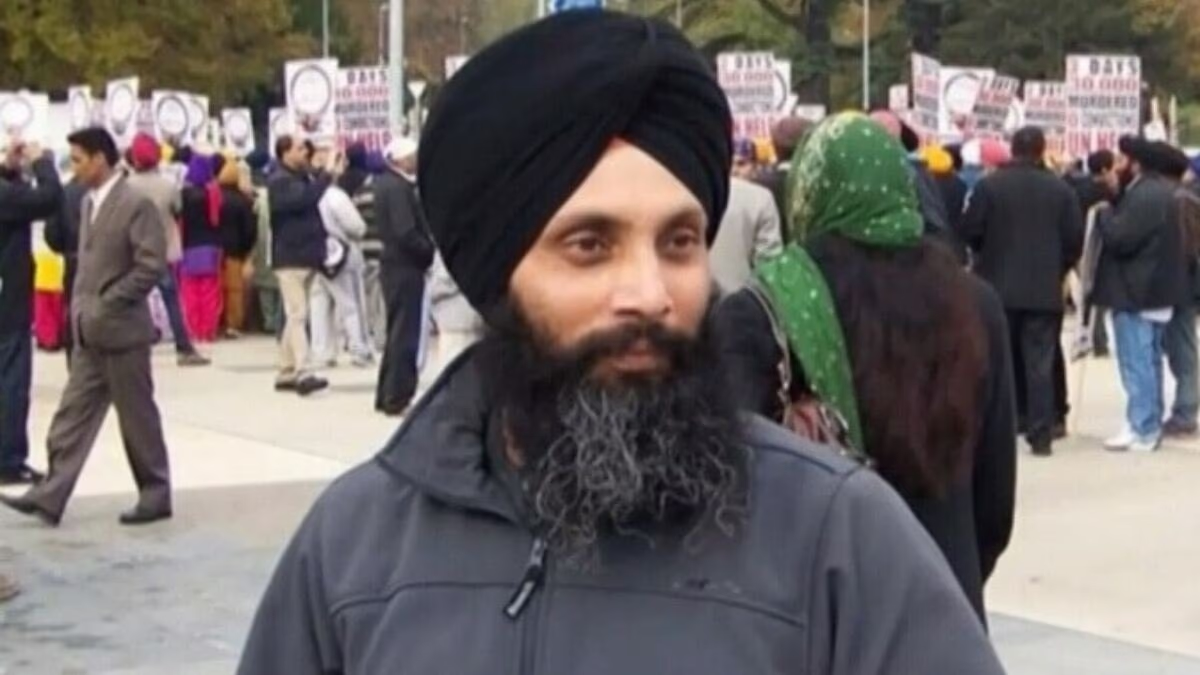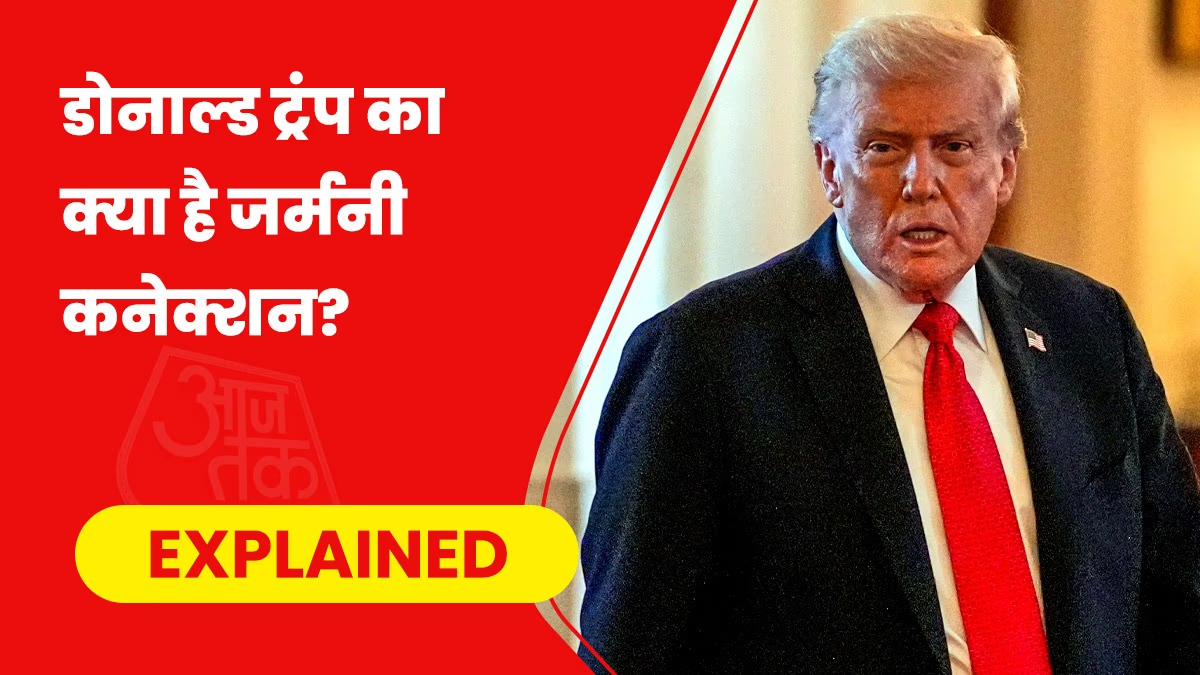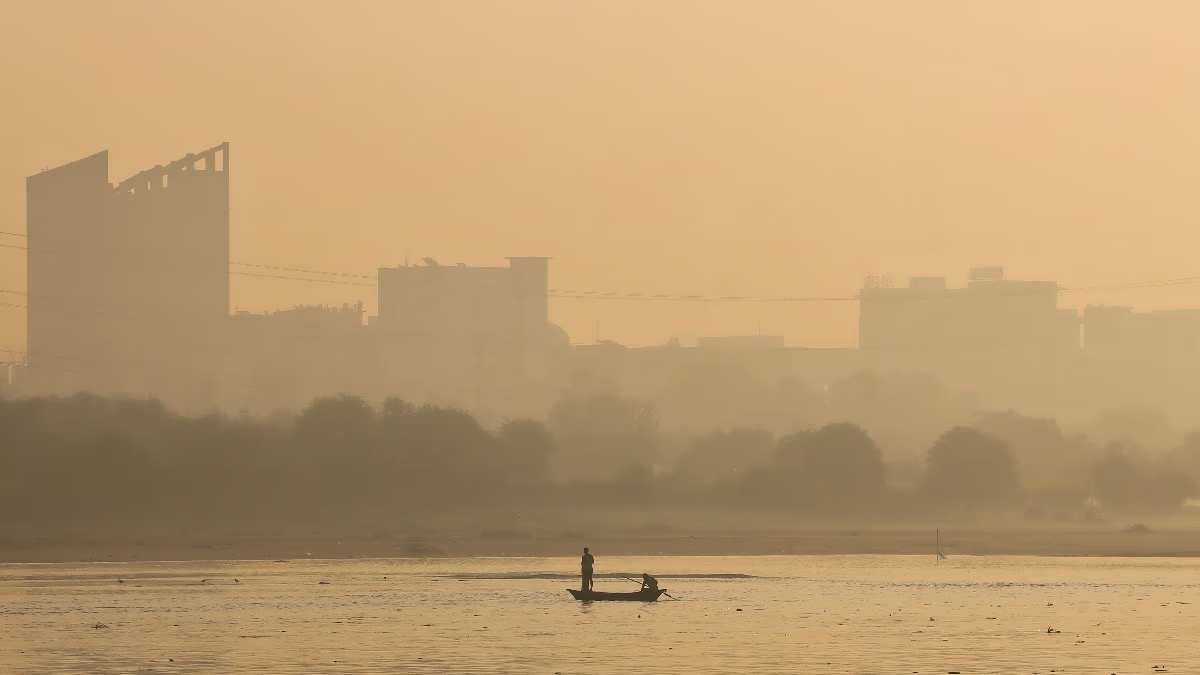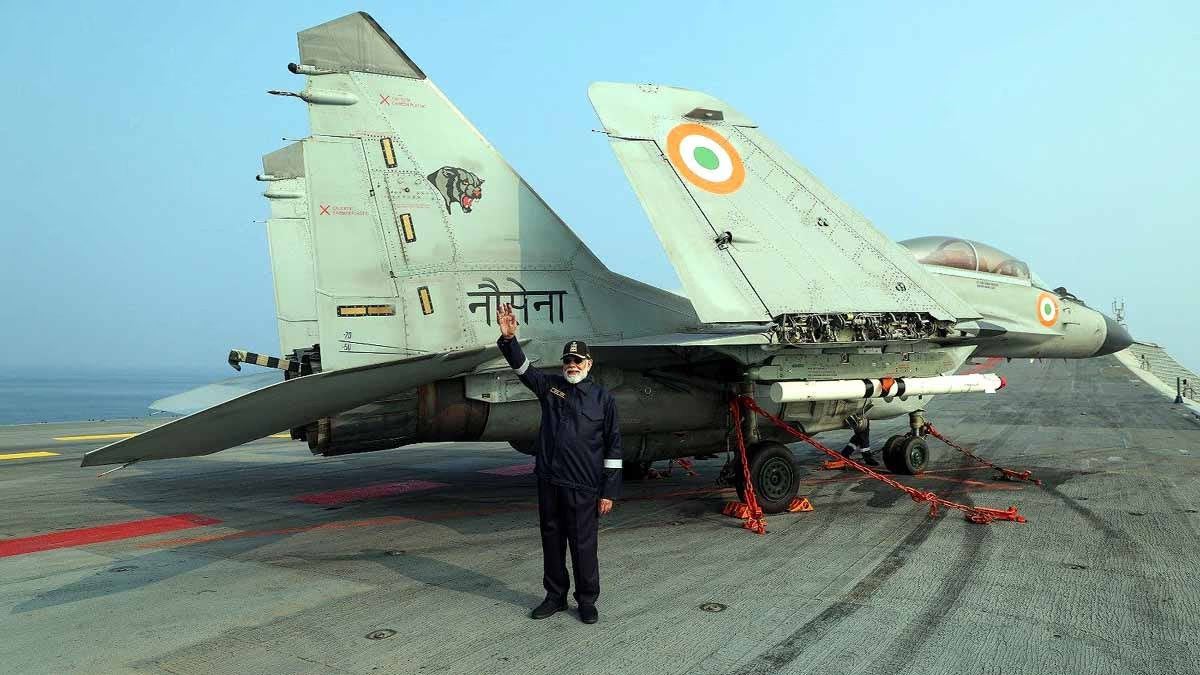The relations between India and Canada have been deteriorating due to the assassination of Khalistani terrorist Hardeep Singh Nijjar. Canadian Prime Minister Justin Trudeau has been openly accusing India of being involved in Nijjar's murder. However, India has dismissed these allegations as absurd and held Trudeau responsible for the strained relations between the two countries.
This stance from Canada is puzzling, especially given Nijjar's well-known criminal activities. Nijjar was a pawn of Pakistan's agency, ISI. Despite India's repeated extradition requests, Canada not only granted him asylum but also citizenship.
The Canadian government was well aware of Nijjar's every move and placed him on a no-fly list to prevent his extradition.
Pakistan's ISI selected Nijjar to train Khalistan supporters with the aim of destabilizing India. Intelligence reports reveal that Nijjar visited Pakistan in 2014, where he met with Jagat Singh Hawara, a Khalistani terrorist responsible for the assassination of Punjab's former Chief Minister Beant Singh. It was during this meeting that he was chosen by the ISI.
Despite India's continued extradition requests for Nijjar, the Canadian government defended him. Nijjar's criminal history began in 1995 when he was arrested in India. In 1997, he created a fake passport under the name Ravi Sharma and fled, but Canadian authorities captured him at Toronto Airport.
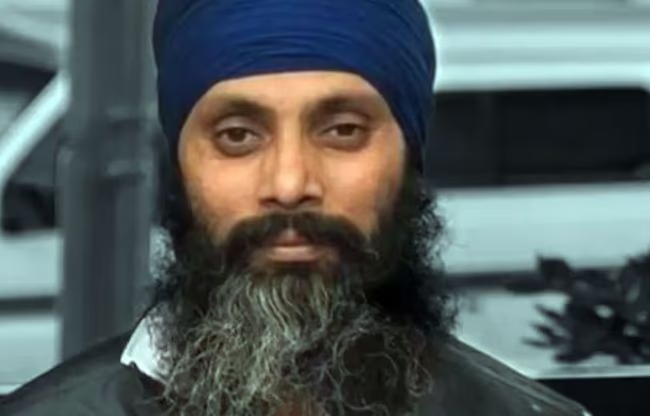
Source: aajtak
Nijjar sought political asylum alleging cruelty and torture by Indian police, but his application was denied. He later married a British Columbian woman and applied for immigration sponsorship, which was rejected, labeling the marriage as fraudulent. Nevertheless, Canada eventually granted him citizenship.
Intelligence reports assert that by 2015, ISI had openly supported Nijjar in training Sikh extremists in British Columbia. Nijjar was also linked to terror figures like Babbar Khalsa's Jagat Singh Hawara and Dal Khalsa's Gajinder Singh, who hijacked an Indian Airlines plane in 1981.
Canada's Security Intelligence Service (CSIS) backed Khalistani elements to counter India's growing influence. In 2018, then-Punjab Chief Minister Amarinder Singh submitted a list of most-wanted terrorists to Trudeau, which included Nijjar's name.
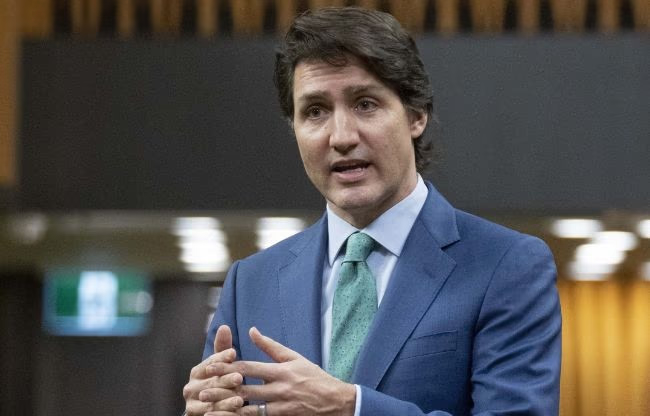
Source: aajtak
In 2014, India issued a Red Corner Notice against him. Despite India's persistent requests, Canada placed him on the no-fly list in 2017-18 to shield him from extradition. India continued its extradition demands irrespective of Canada's stance.
The controversy surrounding Nijjar intensified last year when Trudeau accused Indian agents of involvement in his murder. On June 18 last year, Nijjar was shot dead outside a gurdwara in Surrey, British Columbia, escalating tensions between India and Canada. However, Trudeau, appearing before a committee investigating foreign interference in Canadian elections, acknowledged Canada only shared intelligence with India and had no concrete evidence of Indian agents' involvement.
Nijjar's case exemplifies how Canada protected a terrorist with ISI ties to garner Sikh votes. The Indian Ministry of External Affairs issued a statement alleging Trudeau's actions as vote-bank politics. India made it clear that Trudeau is responsible for the strained relations.
